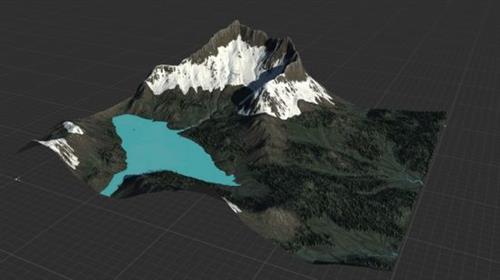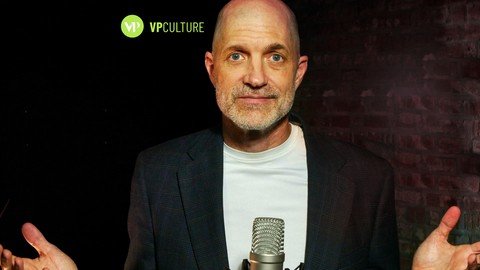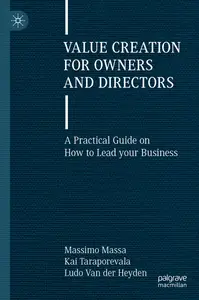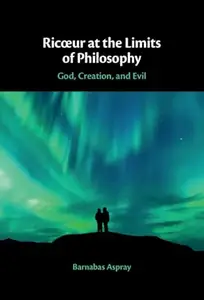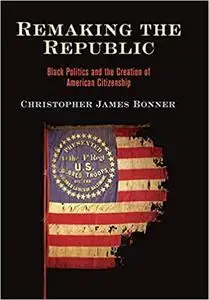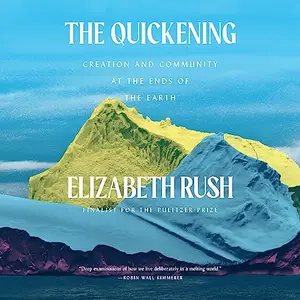 Free Download The Quickening: Creation and Community at the Ends of the Earth (Audiobook)
Free Download The Quickening: Creation and Community at the Ends of the Earth (Audiobook)
English | August 15, 2023 | ASIN: B0C3DL9G6V | M4B@76 kbps | 10h 37m | 384 MB
Author: Elizabeth Rush | Narrator: Helen Laser
An astonishing, vital book about Antarctica, climate change, and motherhood from the author of Rising, finalist for the Pulitzer Prize in General Nonfiction.
In 2019, fifty-seven scientists and crew set out onboard the Nathaniel B. Palmer. Their destination: Thwaites Glacier. Their goal: to learn as much as possible about this mysterious place, never before visited by humans, and believed to be both rapidly deteriorating and capable of making a catastrophic impact on global sea-level rise.
(more…)


